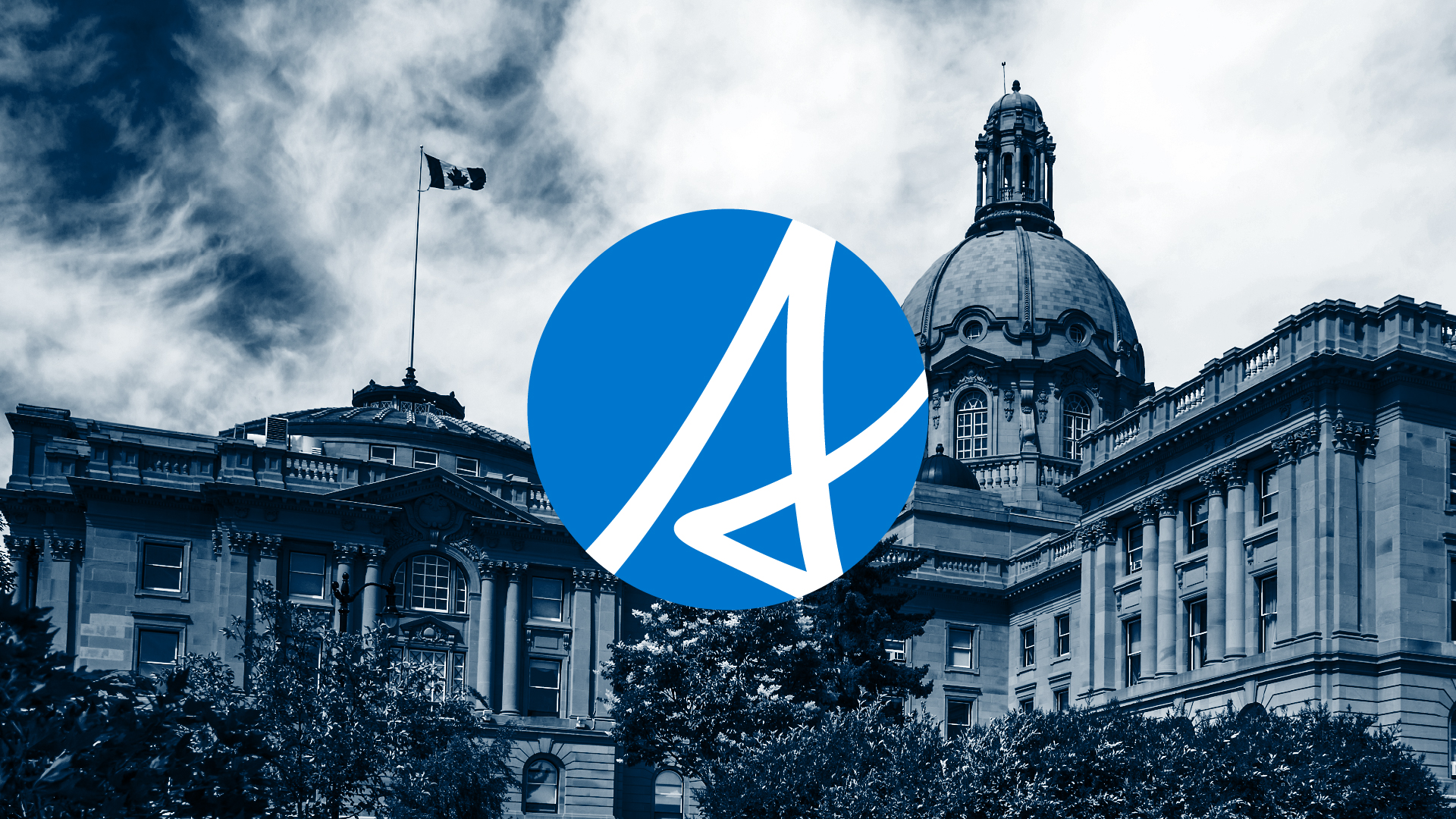Yes and No.
There are supports, but its a patchwork of supports with massive gaps. The likelihood of making it through everything fully supported is very low. You can go through a couple of different channels, detox/treatment or housing first. I will summarize them both but there are huge asterixis because there are so many small programs/gaps that experiences vary wildly. But in general:
For treatment: There are detox facilities, but availability is wildly variable. Not uncommon to request detox and then wait weeks, at which point new barriers have arisen. After detox, there are treatment centers but it is very hard to sync the transition from detox to recovery, so you may end up going from detox to back on the street for a few days before your treatment bed is available, a very common place for people to fall off. Treatment beds are unregulated with no standard of care/inspection so the quality you get could range from awesome to downright abusive, and very few are forgiving of mistakes, if you mess up you are likely kicked out immediately.
Then assuming you get clean and sober you are discharged and on your own. You likely have to cut all the social connections you have as most of your family/friends likely played a role in you being addicted to begin with. And you get to do that on Alberta Works which provides you with $824 a month to pay rent, utilities, food, transportation, etc. The wait for social housing is now measured in decades, so you have to find a place to live on the private market. There are employment programs, but most are just a few classes a week with a one or two week practicum. And if you have a criminal record/long term employment gap you almost certainly will never get a job. As soon as that criminal record check comes in your probation period will end with you let go. We have zero guaranteed jobs programs.
For housing first, you are placed with a worker IF you have been chronically homeless for at least 6 months. You will get a housing subsidy that pays for rent for a One Year period and access to support programs like employment coaching, financial management courses, etc. However, your worker has a caseload of around 30-50 people and will at best touch base with you once a week. You are expected to managed your own attendance to programs. Then, after the one year is up you will "Graduate" as being "housed" and the subsidy/supports will end (except in some very specific circumstances). You are then on your own living on $824 a month when the place you were set up in with the subsidy likely costs 800-1200 a month. Our "Housing First" program does not do check in's after the subsidy ends so we have no idea of its effectiveness long term, but anecodately its not very good. IMO, we have a "Rapid Re-Housing" program that is misadverstised as housing first because of our lack of social housing supply at income support rates. If you managed to make it to self-sufficiency from likely decades of trauma/addiction in that 12 month period you are amazing and I am in awe of your tenacity.
Basically, there are supports but they require you to be superhumanly perfect at making zero mistakes, living with almost no money, and supports that start and disappear at arbitrary times with out any cohesion or support during transitions. And you will likely go through this journey alone with new people entering/exiting your life as your time with their program ends.






